As a BetterHelp affiliate, we receive compensation from BetterHelp if you purchase products or services through the links provided
Recovering from anxiety is a gradual and highly individual process involving various stages reflecting progress toward improved mental health. It often involves learning to understand the causes of anxiety, recognizing symptoms and triggers, and finding effective coping strategies. With patience, effort, and support, navigating through these stages and gaining control over anxiety is possible.
It’s essential to recognize that anxiety disorders are unique to each person, and so are the recovery stages. Some people may experience a linear progression, while others might move through the stages non-linearly. Nonetheless, the ultimate goal is to reduce the frequency and intensity of anxiety symptoms and regain a sense of balance in daily life.
Key Takeaways
- Anxiety recovery is a gradual process with various stages tailored to each individual’s experiences and needs.
- Understanding the causes and symptoms of anxiety and effective coping strategies is crucial for progress.
- A robust support system and access to the right resources can significantly aid the journey toward improved mental health.
 Understanding Anxiety
Understanding Anxiety
Defining Anxiety
Anxiety is a natural and common emotion that everyone experiences at different times and intensities. It is usually characterized by worry, unease, or fear about a particular situation or future event. In comparison, anxiety can be beneficial in small amounts, as it helps individuals cope with stressful situations. Excessive or chronic anxiety can interfere with everyday life and indicate an anxiety disorder.
Different Types of Anxiety
There are several anxiety disorders, each with specific symptoms and manifestations. Here are some common types:
- Generalized Anxiety Disorder (GAD): This disorder is characterized by excessive, long-lasting anxiety that is not focused on any specific situation or event. People with GAD often feel constantly worried and tense, sometimes without reason.
- Social Anxiety Disorder: Also known as social phobia, this disorder involves a significant fear of social situations, often resulting in avoidance of such situations and feelings of embarrassment or humiliation.
- Panic Disorder: Individuals with panic disorder experience recurring panic attacks, which are intense episodes of fear that may also be accompanied by physical symptoms such as heart palpitations, sweating, and shortness of breath.
- Phobias: Phobias are irrational fears of specific objects or situations, such as a fear of heights (acrophobia), fear of enclosed spaces (claustrophobia), or fear of spiders (arachnophobia).
- Separation Anxiety Disorder: This disorder is typically seen in children who experience excessive fear or anxiety when separated from their caregivers or loved ones.
- Agoraphobia: Agoraphobia involves intense fear and avoidance of situations that may cause individuals to feel trapped, helpless, or exposed to panic-like symptoms, such as open spaces, crowds, and public transportation.
 Understanding Anxiety Disorders
Understanding Anxiety Disorders
Anxiety disorders are mental health conditions characterized by excessive and persistent feelings of worry, fear, and unease. These disorders can interfere with daily functioning and cause physical symptoms such as fatigue, headaches, and muscle tension. They are among the most common mental health issues worldwide, and the exact cause of anxiety disorders is often a combination of genetic, environmental, and psychological factors.
Treatment for anxiety disorders typically includes a combination of therapies, such as cognitive-behavioral therapy (CBT), medication, and lifestyle changes. Early diagnosis and intervention are crucial to successfully recovering and managing anxiety disorders. If you suspect you or a loved one may be experiencing symptoms of an anxiety disorder, consult a mental health professional for further evaluation and assistance.
Symptoms and Triggers
Physical Symptoms
Anxiety can manifest in a variety of physical symptoms. Some common ones include chest pain, dry mouth, and an increased heart rate. These symptoms often lead to feelings of fear and panic. Recognizing these physical symptoms is crucial as they can trigger further anxiety or even panic attacks.
For example:
| Physical Symptom | Impact |
|---|---|
| Chest pain | Creates intensity and fear, leading to increased anxiety |
| Dry mouth | Causes discomfort and restlessness, fueling nervousness |
| Increased heart rate | Enhances stress response, escalating anxious feelings |
 Mind Related Symptoms
Mind Related Symptoms
In addition to physical symptoms, anxiety can also cause various mind-related symptoms. Stress, tension, and irritability are common emotional responses triggered by anxiety. Long-term anxiety can also result in depression. Here are some examples of how mind-related symptoms can affect a person:
- Stress: The individual may feel overwhelmed or unable to cope, exacerbating the anxiety.
- Tension: Prolonged anxiety may cause a person to be constantly on edge, contributing to a never-ending cycle of anxiety.
- Irritability: Increased emotional reactivity can strain relationships and lead to avoiding social interactions, further isolating the individual and worsening anxiety.
Understanding the symptoms and triggers of anxiety is essential to grasping the recovery stages. Knowing these can help individuals identify areas to focus on for anxiety management, enabling them to progress through anxiety recovery more efficiently.

Stages of Anxiety and Recovery
Mild Anxiety
Mild anxiety is the first stage and is characterized by feelings of unease and worry. These feelings are usually manageable and do not severely impact daily functioning. Physical symptoms include muscle tension, fidgeting, or mildly increased heart rate.
Moderate Anxiety
As anxiety intensifies, individuals move into the moderate anxiety stage. During this stage, worry and fear become more persistent, and individuals may experience difficulty concentrating, irritability, and fatigue. Physical symptoms can include headaches, nausea, and shortness of breath.
Severe Anxiety
In severe anxiety, individuals struggle to control their thoughts and feelings. They may experience constant worry and fear, affecting their daily lives and relationships. Physical symptoms, including rapid heart rate, trembling, chest pain, and dizziness, can significantly increase.
Panic Level Anxiety
Panic level anxiety is the most extreme stage, and individuals may experience panic attacks or uncontrollable and intense fear. These attacks are characterized by impending doom, shortness of breath, chest pain, and rapid heart rate. During this stage, anxiety can become debilitating, and individuals may avoid situations that trigger their anxiety.
Stages of Recovery
The recovery process from anxiety is usually gradual and involves various stages:
- Recognition: Identifying anxiety symptoms and acknowledging that help is needed.
- Education: Learning about anxiety, its causes, and treatment options.
- Therapy: Seeking professional help, such as cognitive-behavioral therapy (CBT) or medications, to address underlying issues and develop coping strategies.
- Self-care: Implementing lifestyle changes, like regular exercise, a healthy diet, and stress management techniques.
- Support: Building a support network from friends, family, and support groups to share experiences and encouragement through recovery.
By understanding the different stages of anxiety and the recovery process, individuals can better navigate their journey toward a healthier and more balanced state of mind.
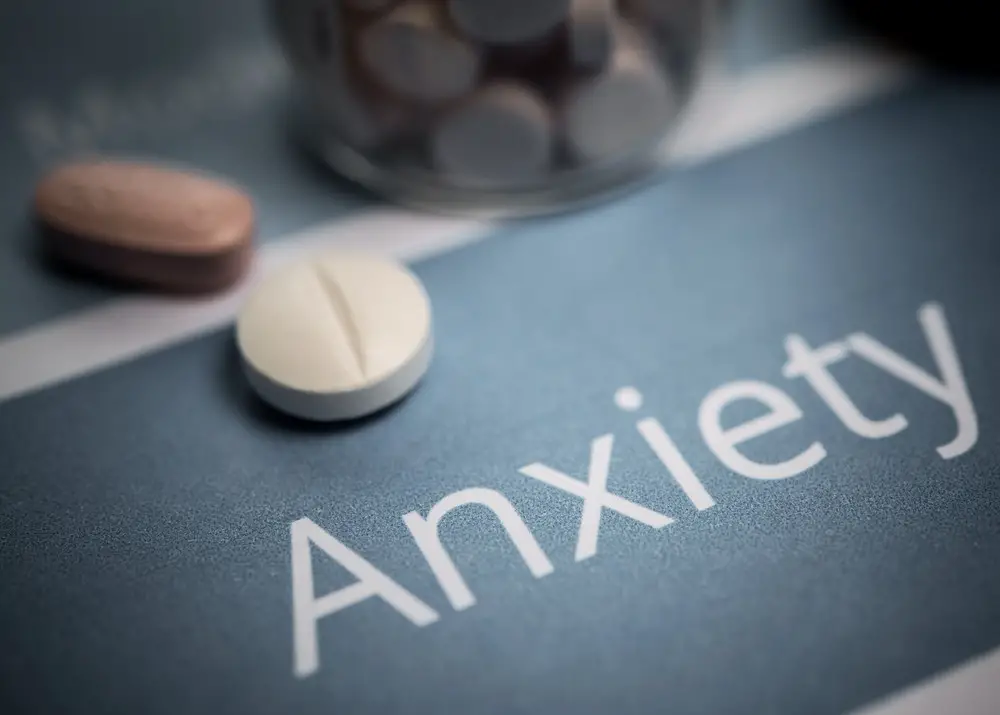
Treatment and Coping Strategies
Therapy and Medication
The first step in anxiety recovery is often seeking therapy or counseling with a trained therapist. They can provide guidance and support throughout the recovery process. Various forms of therapy are available, such as cognitive-behavioral therapy (CBT), which helps individuals identify and change negative thought patterns and behaviors related to anxiety.
In addition to therapy, medication can also be an effective part of the treatment plan. Doctors may prescribe medications such as selective serotonin reuptake inhibitors (SSRIs) or benzodiazepines, depending on the severity and type of anxiety disorder. Individuals should consult their healthcare provider to determine the appropriate medication and dosage.
Alternative Therapies
There are alternative therapies available to help individuals manage their anxiety. Meditation, for example, is a practice that promotes relaxation, focus, and self-awareness. It can help manage anxiety symptoms by calming the mind and reducing stress.
Another alternative therapy is regular exercise. Engaging in physical activities releases endorphins, chemicals in the brain that act as natural painkillers and mood elevators. Exercise can help reduce anxiety levels and improve overall well-being.
Healthy Coping Strategies
Alongside therapy and medication, individuals can benefit from incorporating healthy coping strategies into their daily routines. These can include:
- Maintaining a balanced diet rich in fruits, vegetables, whole grains, and lean proteins. Proper nutrition can contribute to better mental health and emotional well-being.
- Establishing a regular sleep schedule to ensure adequate rest and rejuvenation. Lack of sleep can exacerbate anxiety symptoms.
- Practicing relaxation techniques, such as deep breathing exercises or progressive muscle relaxation, can help reduce anxiety and stress.
- Connecting with others who can provide emotional support and understanding, such as friends, family, or support groups.
By incorporating these treatment and coping strategies, individuals can work towards managing their anxiety and progressing through the recovery stages.
Importance of Support System
Family and Friends
A robust support system plays a vital role in a person’s recovery from anxiety. Family and friends can provide emotional support, understanding, and encouragement during difficult times. Open communication with loved ones allows individuals to express their feelings, share their progress, and receive feedback. This enhances not only the support but also the overall quality of life.
Some ways family and friends can offer support include:
- Listening attentively without judgment
- Encouraging them to seek professional help if needed
- Educating themselves about anxiety to better understand their loved one’s experiences
 Professional Support
Professional Support
Seeking professional help is crucial for individuals struggling with anxiety. Therapists, psychologists, and psychiatrists are trained to assist in managing and overcoming anxiety through various techniques, such as cognitive-behavioral therapy (CBT). They provide tailored guidance, help set achievable goals, and monitor progress, contributing to successful recovery.
Some key benefits of professional support include:
- Personalized treatment plans tailored to the individual’s needs
- Structured therapy sessions to establish consistency and progress tracking
- Access to additional resources such as medication, if necessary
Support Groups
Support groups serve as safe spaces for individuals to connect with others facing similar challenges. These groups foster a sense of belonging, solidarity, and hope as members share their experiences, coping strategies, and progress. This collective environment can significantly improve an individual’s support system and overall quality of life.
The benefits of participating in support groups include:
- Peer validation as members acknowledge each other’s struggles
- Collective problem-solving for effective coping strategies
- Increased motivation through seeing others’ progress and success
Combining family and friends, professional support, and support groups can enhance an individual’s overall support system, making the journey toward anxiety recovery smoother and more successful.
The Journey Ahead
Setbacks and Silver Linings
Recognizing that setbacks will happen throughout the anxiety recovery journey is essential. They are natural and can help one learn more about their triggers and coping mechanisms. Remember to be patient and not be discouraged, as healing is a process with ups and downs.
Instead, one should focus on the silver linings, meaning the lessons gained from challenges that arise. Embracing these growth opportunities will contribute to long-term success in managing anxiety.
Embracing Self-Care
Self-care plays a crucial part in anxiety recovery. One should prioritize behaviors that promote well-being and relaxation. Some examples include:
- Regular exercise: Physical activities like yoga, walking, or jogging release endorphins and help reduce stress.
- Healthy diet: Consuming balanced meals can positively impact mood and energy levels.
- Maintaining sleep hygiene: Getting a proper amount of sleep every night can significantly improve mental health.
Experimenting with self-care activities is essential to find what best suits the individual’s needs and preferences. Don’t be afraid to try new things or combine practices to create a personalized self-care routine.
Long Term Management
Anxiety recovery is not a one-time event but rather a continuous process. In the long run, one must develop strategies to manage anxiety and maintain healthy habits. These may include:
- Monitoring progress: track changes in anxiety levels and recognize personal achievements.
- Learning from experiences: Analyzing setbacks and successes to adapt and refine coping mechanisms.
- Finding support: Relying on loved ones or professionals can be beneficial in maintaining progress and preventing relapse.
In conclusion, the journey ahead may require dedication and patience. Still, with self-care, the right mindset, and perseverance, one can navigate through setbacks and move towards a life where anxiety is better managed.
Additional Resources
Newsletter
For individuals seeking continuous updates on anxiety recovery strategies and techniques, subscribing to a newsletter is an excellent option. Many reputable organizations and experts within the field offer newsletters that provide valuable insights and resources. Subscribers can expect to receive a periodic email containing articles, research findings, and helpful tips tailored to their needs. To enroll, visit the selected organization’s website, locate their newsletter sign-up form, and provide the necessary information.
Books and Blogs
Numerous books and blogs (particularly this one) offer a wealth of knowledge and firsthand experiences of individuals who have navigated the anxiety recovery process. These resources often delve into various strategies, techniques, and coping methods that have proven successful for the authors. While some books focus on specific age groups like adults, others cater more generally to all audiences. Consider exploring a few titles to identify ones that resonate with your journey.
Online Platforms
Many online platforms host forums, communities, and support groups for people coping with anxiety. These platforms provide a safe space for individuals to ask questions, share experiences, and connect with others undergoing similar challenges. These online resources can offer comfort, encouragement, and practical advice during recovery. It’s essential, however, to ensure that the chosen platform is reputable and adheres to privacy guidelines to foster a positive and supportive environment.
Adult Specific Resources
For adults, it is essential to identify resources specifically tailored to their unique needs. Many organizations offer age-appropriate information, support groups, workshops, and tailored treatments, targeting adult-specific anxiety recovery challenges. These resources often include assistance in managing work-life balance, building healthy relationships, and navigating career-related stressors. Determine the most relevant resources to your situation and utilize them in your recovery journey.
Frequently Asked Questions
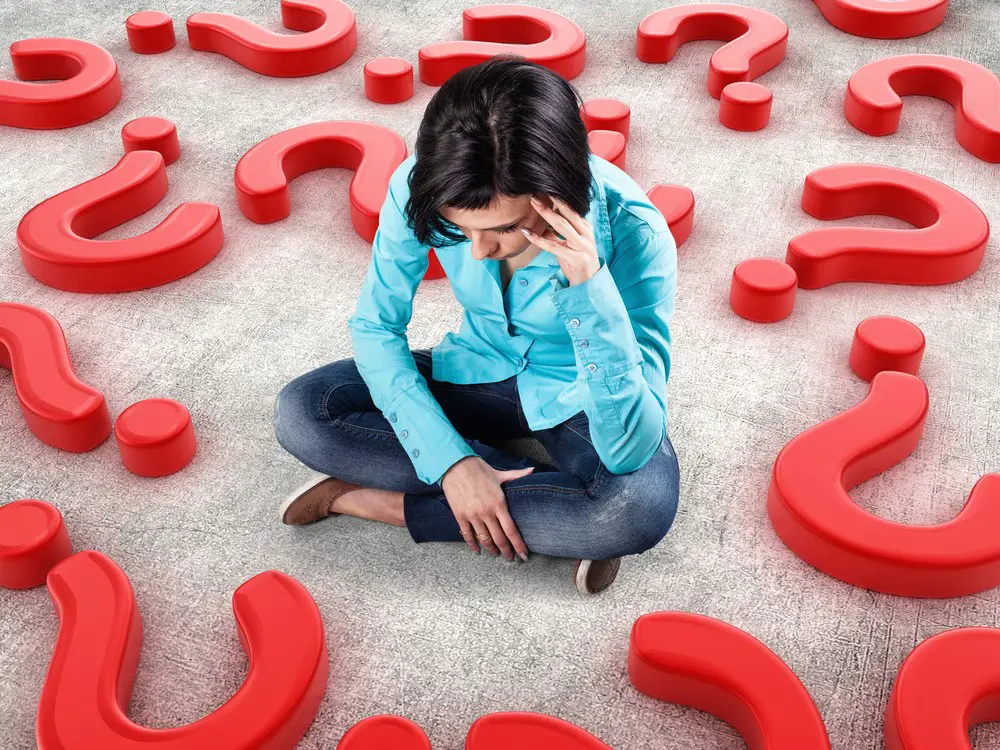
What are common physical symptoms during recovery?
During anxiety recovery, common physical symptoms may include headaches, muscle tension, fatigue, and gastrointestinal issues. Individuals may also experience changes in appetite, sleep patterns, or sex drive. These symptoms can vary in intensity and duration but usually subside as recovery progresses.
How long does it take to recover from panic attacks?
Recovery from panic attacks can vary greatly depending on the individual and their circumstances. Some people may see improvements in weeks or months, while others may take longer. Factors such as the severity of the panic disorder, the person’s support system, and their willingness to engage in treatment can influence recovery time.
What is the duration of recovery from anxiety and depression?
Recovery from anxiety and depression is highly variable and depends on the individual, the severity of the conditions, and the types of treatments being utilized. For some individuals, progress may be seen in a matter of months, while for others, recovery might take years. Persistence and patience are vital in working toward recovery.
How does one progress through mental health recovery stages?
Mental health recovery is a gradual process typically involving several stages: awareness, acceptance, treatment, and maintenance. Individuals may start by recognizing and accepting their condition, work with a therapist or counselor to develop coping strategies and implement them to maintain long-term mental well-being.
What is the final stage of anxiety recovery?
The final stage of anxiety recovery is typically maintenance, where individuals have learned effective coping strategies and have integrated them into their daily lives. This stage may involve ongoing check-ins with mental health professionals and continued self-monitoring and adjustment of strategies based on evolving life circumstances.
Is it possible to achieve a full recovery from anxiety?
Achieving a full recovery from anxiety is possible for many individuals. With the appropriate support and therapeutic interventions, people can learn to manage their anxiety effectively and lead fulfilling lives. However, it is essential to understand that recovery is a lifelong process, and individuals may still need to manage and adapt to stressors and life changes.
- Breaking the Silence: Why Men’s Mental Health Matters More Than Ever - April 15, 2025
- How to Transform a Home’s Patio Space into a Relaxing Space - March 23, 2025
- 5 Strategies to Use a Cell Phone to Help Manage Your Stress - March 23, 2025
This site contains affiliate links to products. We will receive a commission for purchases made through these links.


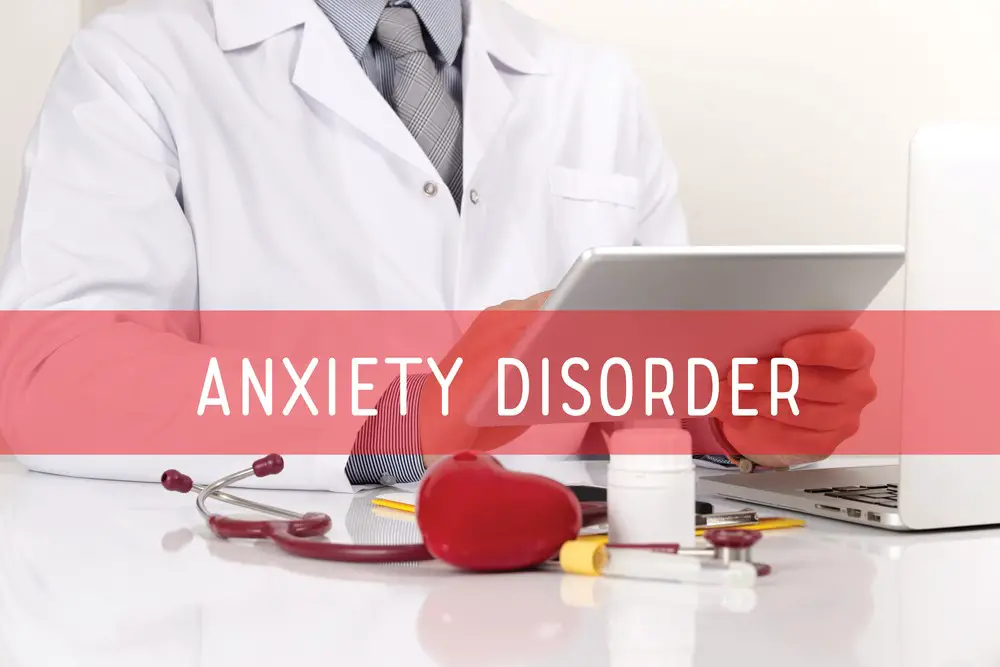 Understanding Anxiety
Understanding Anxiety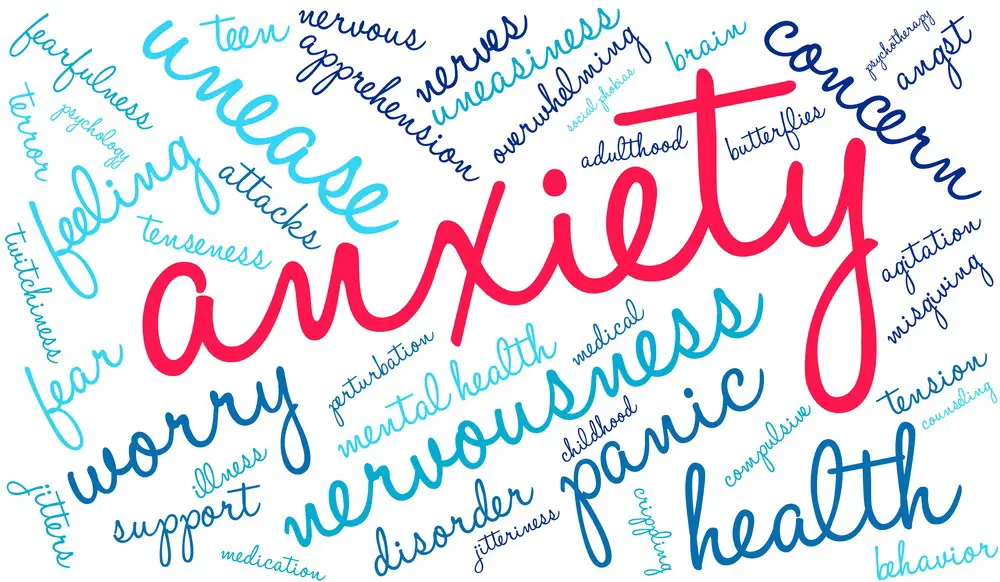 Understanding Anxiety Disorders
Understanding Anxiety Disorders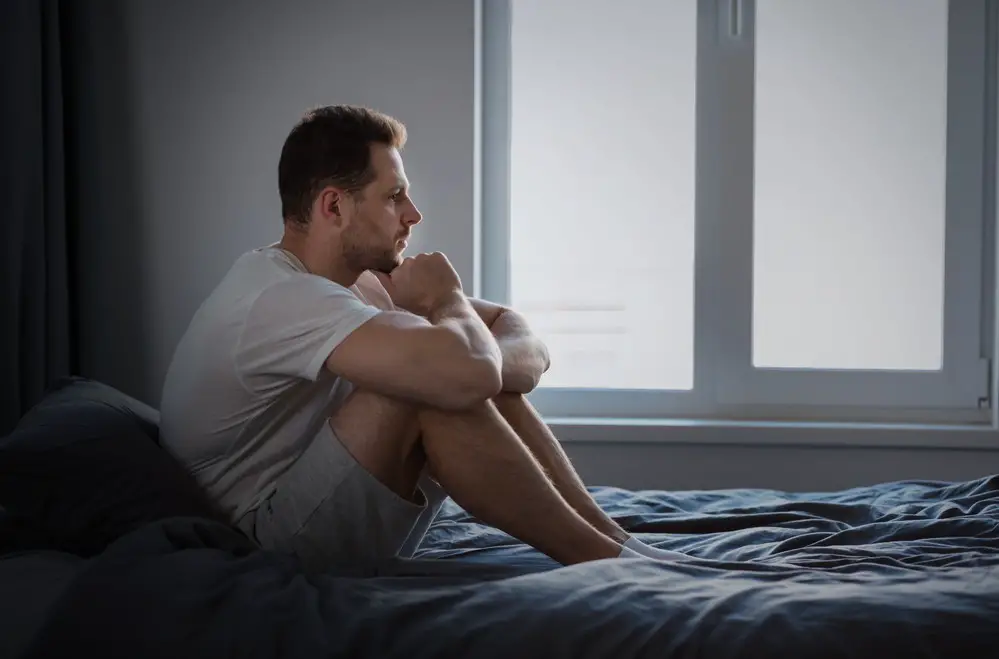 Mind Related Symptoms
Mind Related Symptoms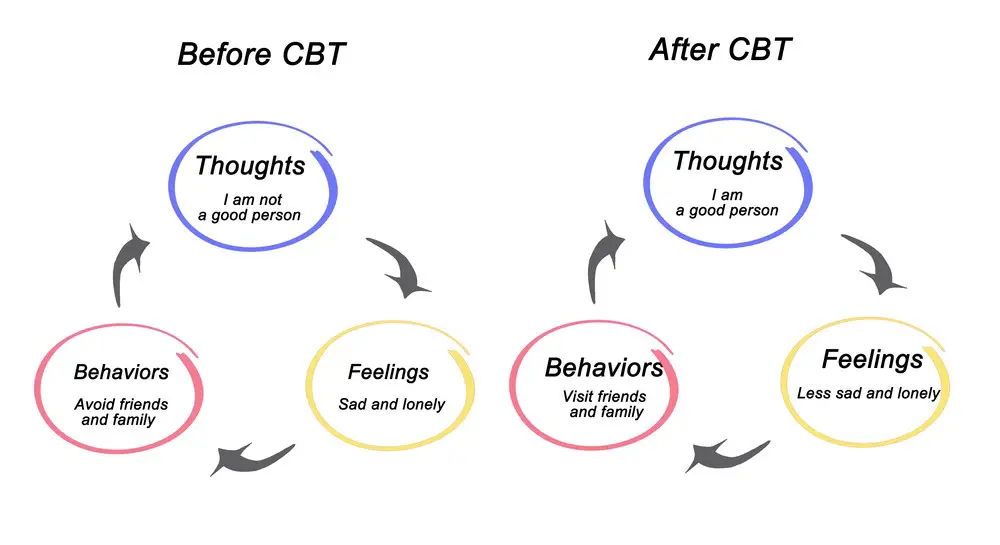 Professional Support
Professional Support
